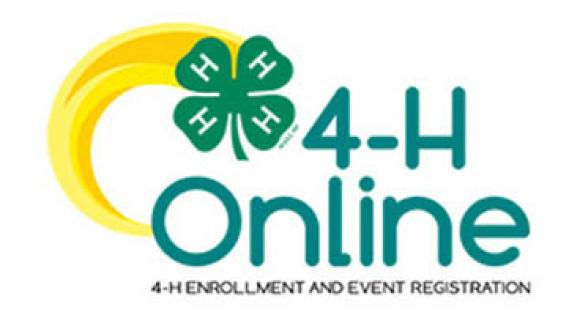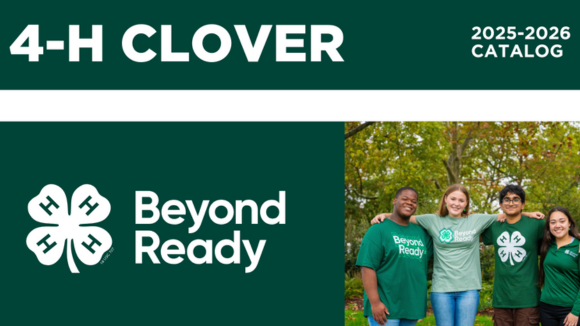Extension's most often recognized or acknowledged youth development program is the 4-H club program. Clubs are an important part of the comprehensive youth development program. In addition, 4-H youth development staff in Missouri work behind the scenes with other professionals in the community to better the conditions and climate for families and all youth in the community.
You don't have to grow up on the farm to belong to 4-H. 4-H is open to all youth ages 5–18. Contact the Morgan and Moniteau County MU Extension office to find out more.
Moniteau County 4-H clubs
Busy Bees Club meets the first Sunday of each month at Flat Springs Church.
Club contact: Sarah Bolinger, sbolinger01@yahoo.com | Facebook group
Eager Eagles Club meets the first Monday of each month at Jamestown Community Center.
Club contact: Emily Fosnow, D-ecattle@hotmail.com | Facebook group
Shamrock Club meets the second Sunday of each month at High Point Elementary School.
Club contact: Raychel Fulks, raychel.fulks@gmail.com | Facebook group
Show Me Club meets the first Monday of odd months at McGirk Community Center. Meets on the first Monday of even months for community service events.
Club contact: Jill Moreland, morelandj@missouri.edu | Facebook group
Tipton 4-H Club meets the third third Sunday of each month at Co-Mo Meeting Room.
Club contact: Michelle Wilfong, michellewilfong1@gmail | Facebook group
Twin Cities Club meets the third Sunday of each month at the Masonic Lodge in California.
Club contact: Julie King, twincity4h1@gmail.com | Facebook group
In case of unforeseen schedule changes, please contact clubs to verify meeting information.
SMQA online training
All 4-H members who show any animals must be current on their Show Me Quality Assurance (SMQA) training. Contact the University of Missouri Extension office to check current status. Upon completion of online training, print certificate and return to Extension office for 4-H specialist signature.
About 4-H
4-H brings young people, ages 5 to 18, and adults together to learn everyday skills through hands-on learning. Working on activities from animal and plant sciences to robotics, 4-H’ers learn problem-solving skills that can make a positive impact upon our community. Through 4-H, young people learn to meet the diverse challenges of today’s world, build self-confidence, learn responsibility and make positive decisions.



